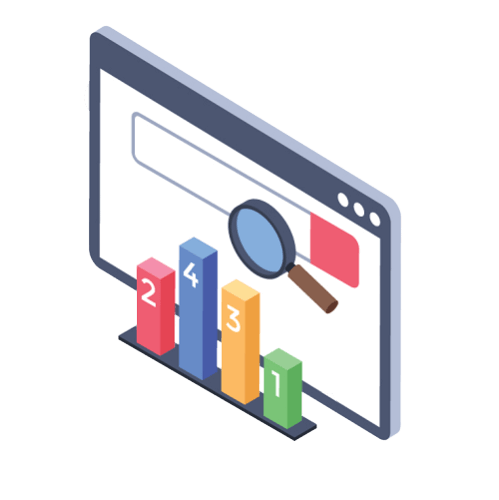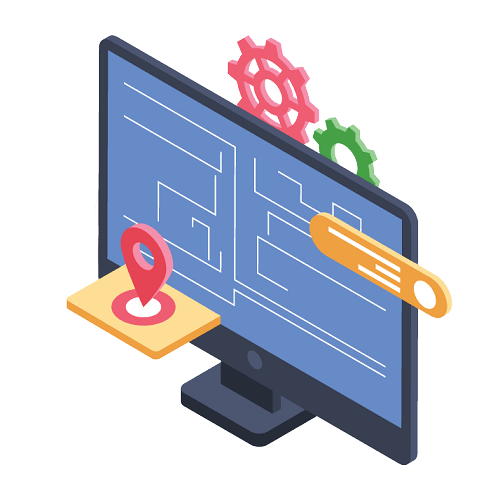
Achieve Higher Rankings On Google With Search Engine Optimisation (SEO)
From on-page website optimisations to link building campaigns and improvements to your directory listings and Google MyBusiness, we take a holistic approach to raise your overall profile online.
Tackle highly competitive markets with long-term search engine optimisation strategies that include niche blogging and custom approaches.

On Page SEO
On-page optimisation emcompasses all aspects of SEO applied to your actual website, from Page titles & meta-descriptions through to image minimisation, theme improvements and code script ordering to improve ranking.
Includes content creation, editing & inclusion of keywords to increase relevancy & discoverable content.

Off Page SEO
Just like referrals in real life, links to your website from other reputable websites (especially news sites and established directories) show search engines that your content is valuable and therefore search engines rank your site higher.
Setting up and maintaining directory listings is a time-consuming process. Let us take care of it for you.

Local SEO & Google My Business
Did you know that 88% of consumers who do a local search on their smartphone visit or call a store within a day? In fact, nearly 46% of all Google searches are seeking local information.
A strong local SEO strategy is key to driving more people to your store, whether you have one storefront or five hundred.
Our No-Lock In Search Engine Optimisation (SEO) Plans
If none of our search engine optimisation plans suit, contact us for a custom strategy.
Starter
- Monthly Update of Google Search Console (includes initial setup)
- Optimise Page Titles & Meta-Descriptions
- 1 Monthly Blog Post
- Media Library Optimisation (Compression)
- Optimisation of all Image ALT Attributes
- Monthly Update of 301 Redirects
- Quarterly SEO Audit
- 24/7 Uptime Monitoring
SME
- Fortnightly Update of Google Search Console (includes initial setup)
- Optimise Page Titles & Meta-Descriptions
- 2 Monthly Blog Posts
- Media Library Optimisation (Compression & Scaling of Images)
- Optimisation of all Image ALT Attributes
- Fortnightly Update of 301 Redirects
- Bi-Monthly SEO Audit
- 24/7 Uptime Monitoring
- Quarterly Site Speed Optimisation
Enterprise
- Weekly Update of Search Console (includes initial setup)
- Optimise Page Titles & Meta-Descriptions
- 4 x Monthly Blog Posts
- Media Library Optimisation (Compression & Scaling of Images)
- Optimisation of all Image ALT Attributes
- Weekly Update of 301 Redirects
- Monthly SEO Audit
- 24/7 Uptime Monitoring
- Advanced Site Speed Optimisation (Continual)
- Keyword Optimisations & Research
- Keyword Rank Tracking
On Page Search Engine Optimisation
On page search engine optimisation is everything done directly on your website itself to assist in ranking on search engines. Further from perfecting your website, you then need to look at other methods of SEO, such as off page and local SEO, which we will also look at below.
You might be interested in checking out our dedicated website to website speed improvements, many of which fall under on page search engine optimisation. View our website speed booster site here.
Off Page Search Engine Optimisation
Just like referrals in real life, links to your website from other reputable websites (especially news sites and established directories) show search engines that your content is valuable and therefore search engines rank your site higher.
Local SEO
A strong local SEO strategy is key to driving more people to your store, whether you have one storefront or five hundred.
Do you know how your website scores for SEO?
The first step to improving your ranking online is understanding where you are now and what needs improvement.
Keep Your Website Up To Date
Websites are no longer just online catalogues. They should be constantly updated and never 'done'.
Plus, Google loves fresh content and new posts or updates goes a long way to getting to and staying on top.
